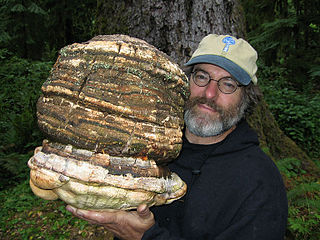A Quote by Ramez Naam
I'm a geek through and through. My last job at Microsoft was leading much of the search engine relevance work on Bing. There we got to play with huge amounts of data, with neural networks and other AI techniques, with massive server farms.
Related Quotes
A lot of environmental and biological science depends on technology to progress. Partly I'm talking about massive server farms that help people crunch genetic data - or atmospheric data. But I also mean the scientific collaborations that the Internet makes possible, where scientists in India and Africa can work with people in Europe and the Americas to come up with solutions to what are, after all, global problems.
My central thesis is that combining increased temporal and spatial resolution in MRI techniques with increasingly powerful data correlation techniques will allow the derivation of interpreted meanings from neural signals. I observed, further, that the techniques that exist already allow some correlations.
I see the mycelium as the Earth's natural Internet, a consciousness with which we might be able to communicate. Through cross-species interfacing, we may one day exchange information with these sentient cellular networks. Because these externalized neurological nets sense any impression upon them, from footsteps to falling tree branches, they could relay enormous amounts of data regarding the movements of all organisms through the landscape.
In spite of my own reservations about Bing's ability to convert Google users, I have to admit that the search engine does offer a genuine alternative to Google-style browsing, a more coherently organized selection of links, and a more advertiser-friendly environment through which to sell space and links.





































